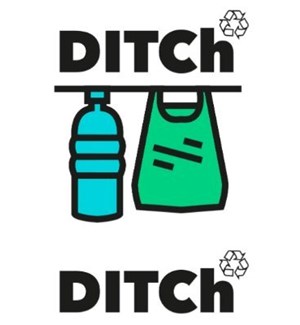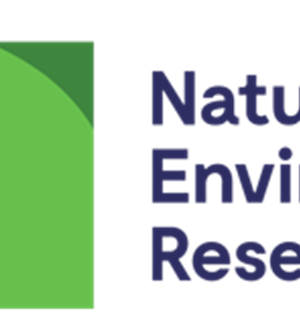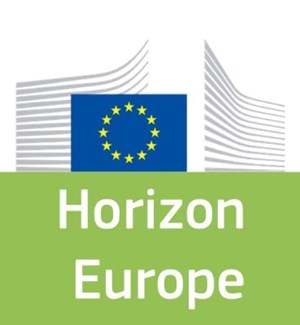- University of Dar es Salaam - Tanzania,
- University Of Durham - United Kingdom,
- University of Strathclyde - United Kingdom,
- Heriot-Watt University - United Kingdom,
- ETH Zurich - Switzerland,
- Berlin School of Economics and Law - Germany,
- Liverpool School of Tropical Medicine - United Kingdom
Between 400,000 and 1 million people die each year in LMICs due to diseases related to mismanaged waste. Waste management is, however, a complex area, which affects multiple stakeholders, such as manufacturers, distributors, retailers, households, the recycling industry, informal waste pickers and local governments, and therefore requires an integrated approach. Malawi and Tanzania are two of the world's poorest countries, yet the consumption of plastics has exploded in the last decade. Tanzania and Malawi make important case-study countries because of their recent governmental responses to plastic bags, and their contrasting policy landscapes in terms of tackling plastic wastes. In many cities in sub-Saharan Africa, plastic wastes, and plastic bags in particular, block urban drainage systems. During rain events this leads to localised flooding, with an increased risk of human exposure to raw sewage and the spread of waterborne pathogens within highly populated areas. Plastic waste can also act as a transient receptacle for rainwater and thus provide a larval habitat for mosquitoes. Therefore, the negative impacts of plastic pollution on human health can include the spread of pathogens such as cholera and typhoid, and the provision of transient receptacles for breeding mosquitoes that can carry diseases such as malaria and Zika virus. In parallel, the consequences of living with significant levels of environmental plastic pollution can negatively affect mental health and well-being. However, despite wide-scale recognition of the need for LMIC governments to invest more thoroughly in solid waste management, this remains a low funding priority area, with fragmented responsibility between departments and a lack of time or technical expertise to negotiate suitable waste management strategies. Typically, governments, communities and individuals in sub-Saharan countries prioritise health-care, and food and water security, followed by employment, education and housing. Plastic pollution rarely registers as something important enough to re-direct valuable resources away from these more pressing challenges. However, we argue that waste management is inextricably linked to health and should not be treated as a separate issue. By characterising how people interact with plastics on a day-by-day basis, the SPACES project will provide the framework needed to build circular economies with improved, more sustainable development pathways and new economic opportunities, and have far-reaching implications for human health and well-being, ecosystem services and economic stability in sub-Saharan Africa and beyond. Quantitative and qualitative mixed methods approaches will be developed to understand what socioeconomic and political obstacles exist for incentivising governments to remove plastic waste and increase sustainable waste disposal. Novel strategies for intervention, mitigation and sustainable adaptation by local communities will be co-developed using extensive behavioural economics and anthropological methods in tandem with environmental, biological, epidemiological and geographical approaches. Working with a range of local recycling associations and entrepreneurs, together with local government and council leaders, the SPACES project will provide both the evidence and incentives that will allow individuals, communities, business leaders and national decision-makers to foster a sustained change in attitudes for tackling the challenges of plastic waste in the environment. In turn delivering a step change towards enabling a cleaner, more resilient and more productive environment.
Want to analyze based on this project via our analysis tool? Analyze this project
Knowledge Gaps
Environmental fate and behavior of plastic
Environmental effects and ecotoxicity
Human toxicity
Environmental exposure
Degradation
Publications





